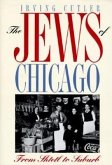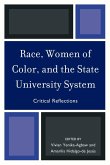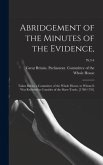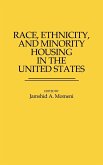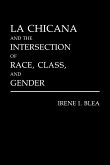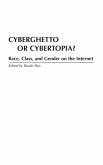Connecting the views of the Hull-House and early Chicago sociologists to issues of race and gender, Deegan offers a new perspective on race relations in Chicago from 1892 until 1960. She challenges the assumption that race relations activists had to choose either to align with W.E.B. DuBois or Booker T. Washington if they studied American race relations. Questioning the established accounts concerning the so-called Chicago way of thinking and doing sociology at the University of Chicago, she expands the role of the Chicago School of Race Relations by including more scholars, more political action, and more years within its compass. By examining the relationship between Hull-House, female and African-American sociologists, and the early Chicago school, Deegan dispels some of the common misconceptions that view Hull-House, especially, as an elitist, prejudiced, and moralistic institution. Chicago was a tumultuous place in 1892: immigration, industrialization, urbanization, and corruption created an atmosphere of profound change. Rising to the challenge, Jane Addams and her social settlement Hull-House saw hope for a new moral order and worked closely with friends and colleagues at the newly opened University of Chicago. Both institutions became centers for the study of society, including the peculiar nature of American race relations. Here, Deegan connects the views of the Hull-House and early Chicago sociologists to issues of race and gender, especially to the now-famous accounts of the Chicago school of sociology and its subgroup, the Chicago School of Race Relations. This thoughtful and carefully articulated analysis sheds light on the ways in which institutions and the people associated with them helped to shape sociological thought about race relations in particular and sociology in general.
Hinweis: Dieser Artikel kann nur an eine deutsche Lieferadresse ausgeliefert werden.
Hinweis: Dieser Artikel kann nur an eine deutsche Lieferadresse ausgeliefert werden.


